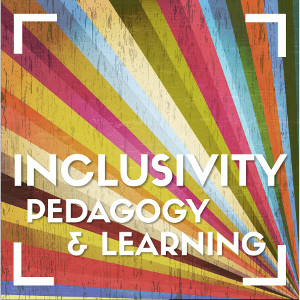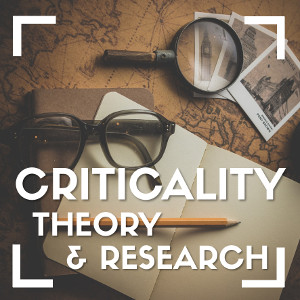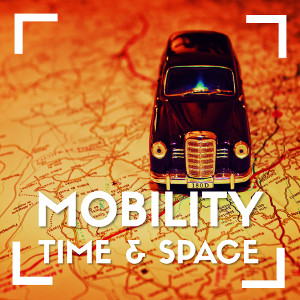Our work on inclusivity, pedagogy and learning investigates issues like:
- How do disabled children and young people use digital technologies for learning?
- How can the development of digital, multi- and visual literacies empower the disadvantaged?
- How can digital technologies assist teachers to support marginalised learners?
- How can the use of simulation and gamification mechanisms foster learner motivation?
- How can multimodal and pictorial resources support more holistic interpretations and understandings of concepts—and how can we utilise such resources to support more multi-voiced academic discussions?
- How can we design settings and learning scenarios in ways that are inclusive of a wider range of stakeholders?
- On what grounds do we understand online distance education as ‘accessible’ and ‘inclusive’, and what are the realities?
- How can we understand learning and support pedagogy in international distance education in the context of a post-colonial world?




